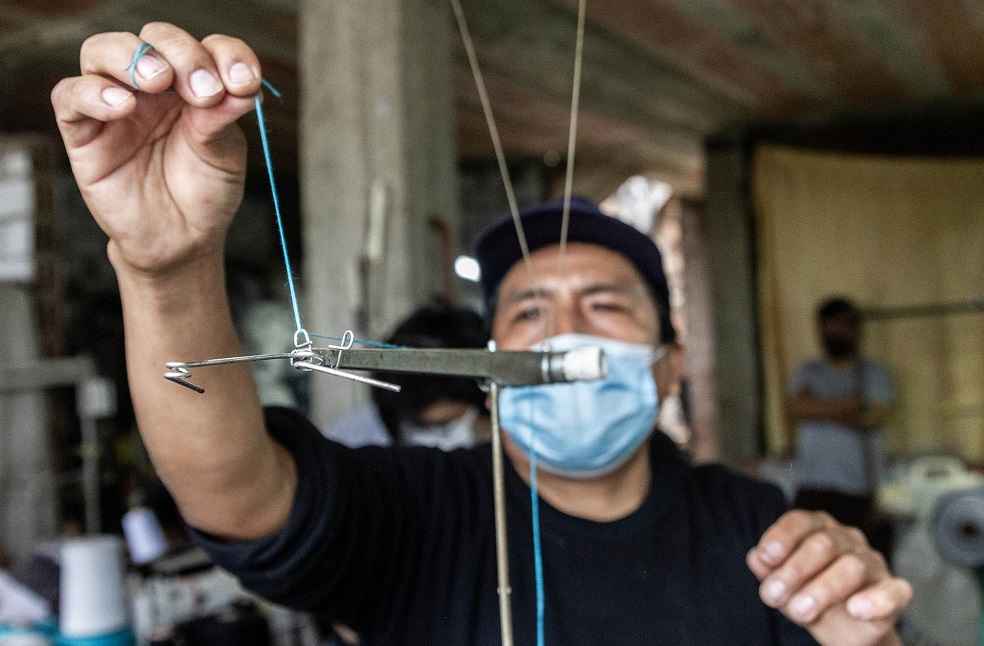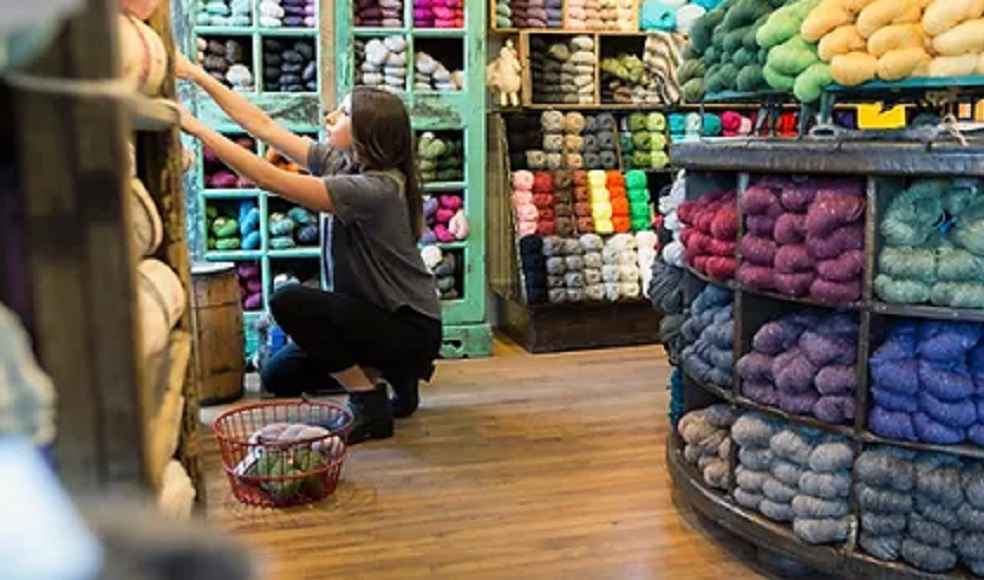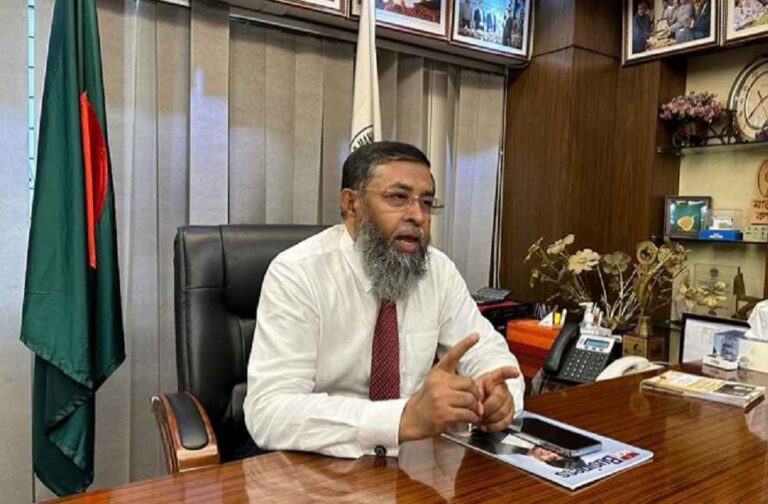The nation’s garment sector, a key economic driver, embarks on substantial improvements in labor rights and working conditions. This strategic move aims to dodge potential sanctions from crucial markets like the European Union (EU) and the United States, ensuring steady exports, especially in the knitwear domain.
Mohammad Hatem, Executive President of the Bangladesh Knitwear Manufacturers and Exporters Association (BKMEA), shared insights with The Daily Star: “We do not think there will be any impact on export.” This reflects the country’s dedication to meeting international labor standards.
Knitwear emerged as a significant segment during the fiscal year 2022-23, contributing 55 percent to the $47 billion in export earnings from the ready-made garments (RMG) sector. The RMG sector’s role as the top export generator and largest employer in Bangladesh highlights its economic significance.

The EU and the US have voiced concerns over labor practices in Bangladesh. The EU’s report, covering Bangladesh, Myanmar, and Cambodia, sheds light on issues like anti-union discrimination and child labor. It also addresses broader human rights issues, including alleged torture and freedom of expression limitations.
Responding to these challenges, and to preserve its duty-free status under the EU’s Everything but Arms (EBA) initiative, Bangladesh has implemented crucial reforms. Hatem pointed out recent labor law modifications, such as the reduction in the required percentage for factory worker representation in trade unions from 40 percent to 15 percent, which led to more trade unions.
Hatem also noted Bangladesh’s commitment to international labor standards, evidenced by ratifying numerous International Labour Organization conventions, outperforming many garment sector competitors. “We are doing whatever is required to ensure labor rights,” he stated.

Addressing the US presidential memorandum on worker rights, Hatem remains optimistic about Bangladesh’s standing in the US market, despite the memorandum’s global reach. He highlighted the contrasting labor conditions and market access between Bangladesh and African nations, calling for fair treatment.
Hatem expressed confidence, “We are not concerned. We are not panicked,” showcasing the country’s preparedness to adhere to global labor standards and uphold its essential role in the international garments industry.
Bangladesh’s garment sector is actively enhancing labor rights and working conditions, a critical step for maintaining export markets in the EU and the US and fostering the sector’s growth and sustainability.
BUSINESS GENERAL | India’s Gold Clout: Steering Global Economy and Trade



